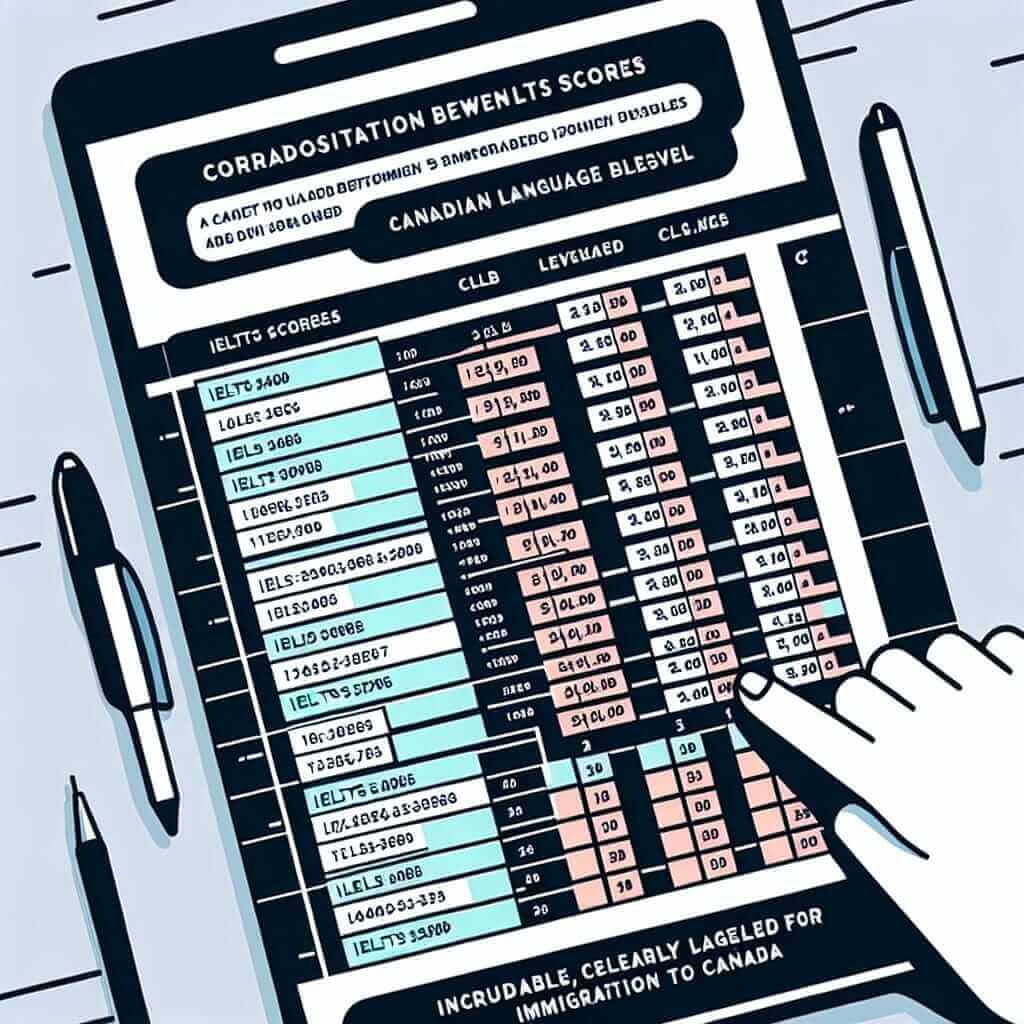For many English language learners, the IELTS exam represents a significant milestone. It’s the gateway to academic opportunities and global mobility. But understanding the scoring system and what constitutes a “passing score” can be a common source of confusion. Let’s demystify the IELTS scoring system and equip you with the knowledge to achieve your desired band score.
Nội dung bài viết
Understanding the IELTS Scoring System
First and foremost, it’s essential to understand that there’s no single “passing” score for the IELTS. Instead, the IELTS uses a band score system ranging from 0 to 9 for each of the four sections:
- Listening: Assesses your ability to comprehend spoken English.
- Reading: Evaluates your comprehension of written English.
- Writing: Measures your ability to express yourself in written English.
- Speaking: Assesses your fluency and coherence in spoken English.
Your overall band score is an average of these four individual scores, rounded to the nearest half band. For instance, if your individual section scores are 7.0, 6.5, 7.5, and 6.0, your overall band score would be 6.5 + 7.0 + 7.5 + 6.0 = 27 / 4 = 6.75, rounded to 7.0.
What Score Do You Need?
The required IELTS score varies depending on your individual goals. Let’s examine some common scenarios:
1. University Admission:
Most universities set specific IELTS requirements for admission to undergraduate and postgraduate programs. These requirements can differ significantly depending on:
- University Ranking: Higher-ranked universities typically demand higher IELTS scores.
- Course Type: Programs with a strong emphasis on English language proficiency, such as law or literature, may require higher scores.
- Study Destination: IELTS requirements can vary between countries and even institutions within the same country.
For instance, a top-tier university in the UK might require an overall band score of 7.0 or higher, while a less competitive institution may accept a score of 6.0.
2. Immigration Purposes:
Countries like Canada, Australia, and New Zealand use the IELTS as part of their immigration process. Each country has its own points-based system, and your IELTS score contributes to your overall points. Higher IELTS scores generally translate to more points.
3. Professional Registration:
Certain professions, such as nursing or engineering, may require you to demonstrate English language proficiency through an IELTS score for registration or licensing purposes.
Illustrative Examples
Let’s illustrate how IELTS scores translate to real-world situations:
Example 1: Maria aspires to study literature at the University of Oxford. Oxford requires an overall IELTS band score of 7.5, with a minimum of 7.0 in each section. Maria achieves scores of 8.0 in Listening, 7.5 in Reading, 7.0 in Writing, and 7.5 in Speaking. Her overall band score is 7.5, meeting Oxford’s requirements.
Example 2: David aims to immigrate to Canada through the Express Entry program. He needs to achieve a minimum Canadian Language Benchmark (CLB) level of 7 across all language skills. This corresponds to an IELTS score of at least 6.0 in each section.

Common Mistakes and How to Avoid Them
1. Neglecting Any One Section:
Remember that your overall band score is an average. Even if you excel in three sections but score poorly in one, it will significantly impact your overall score.
How to Avoid: Devote equal time and effort to preparing for all four sections, focusing on your areas of weakness.
2. Ignoring Time Management:
The IELTS exam is timed, and failing to manage your time effectively can result in unfinished sections and a lower score.
How to Avoid: Practice under timed conditions to improve your pacing and ensure you can complete all tasks within the allotted time.
Tips for Achieving Your Desired Score
- Start Early: Allow yourself ample time to prepare, especially if you’re aiming for a high band score.
- Identify Your Strengths and Weaknesses: Take practice tests to assess your current level and pinpoint areas that require more attention.
- Focus on Your Weaknesses: Devote extra time and effort to improving your skills in the areas where you struggle the most.
- Utilize Authentic Resources: Use practice materials from reputable sources like IELTS.net to familiarize yourself with the exam format and question types.
- Practice Regularly: Consistent practice is crucial for improving your English proficiency and building your confidence.
Remember, achieving your desired IELTS score is an achievable goal with the right preparation and dedication. Good luck!
For further guidance on achieving a specific IELTS score for Canada, check out this helpful resource: What is the passing score in Canada IELTS?